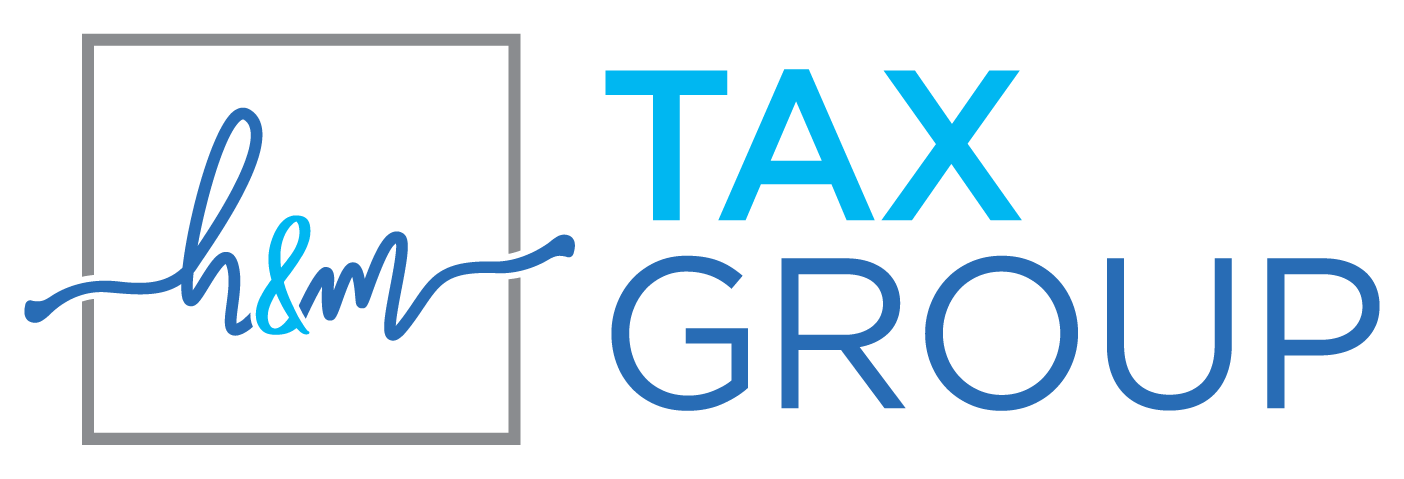The creation of direct checks is one of the quickest and best modes of getting your pay without going through unnecessary processes and only finding yourself going back to the bank. However, mobile deposit also eliminates the waiting time for physical checks and trips to the bank. From the employers’ perspective, the most rapid views, for instance, are that startups and direct deposit align with the management of employees’ payrolls and delivering timely payments. In this blog, when you are planning to make a direct deposit for the salary with the employer, it is essential to know what you should submit and the procedure you must follow.
What Makes it so Popular for both Employers and Employees?
Employers’ use of direct deposit also benefits their employees, which is why it has gained popularity. Employers like it because the different parts of the program make payroll processing easy and eliminate many chores. This is especially handy for companies that use payroll services that provide reliable direct deposit options, especially startups.
To the employees, it reduces the time taken to organize cheque issues and the inconveniences involved in the loss of a cheque. It guarantees that money reaches an employee with payday immediately, even if one is out of town or not around to cash their check. More so, direct deposit is safer than paper cheques as it eliminates cases of fraud and theft situations regarding cheque payments.
What Banking Information Should Be Disclosed?
Another prerequisite when creating direct check cashing is to provide correct banking details so that your paycheck can be deposited to the right account. Here’s what you’ll typically need to provide:
- Bank Name: The name of the financial institution where your account is being kept.
- Account Number: This is a special number that refers to the checking account you provided.
- Routing Number: A nine-digit number that any of your banks will use in electronic transactions, and this number is often seen on the lower left part of a check.
To ensure that there isn’t a lot of wasted time or mistakes that lead to errors in your paycheck, make sure this information is accurate. These details can be processed by many payroll services automatically, especially when targeting startup companies, which means that errors made can always be caught easily.
What Additional Information Can be Requited?
Some employers might ask you to provide other supporting documents that will corroborate your statements. They make several checks to make sure that there are no mistakes when setting up the account and that your paycheck does not end up in the wrong account. Some of the commonly requested documents include:
- A Voided Check: An authorization slip for a check from your account with w408rted across the face of the check. This assists you in verifying your account number as well as your routing number.
- Bank Authorization Form: Some banks offer authorization forms to justify your banking information. You may need to provide one to your employer.
- Direct Deposit Authorization Form: Some of your employer’s services or the company providing the payroll services may provide this form for your use. It most often requires your account number and routing number, as well as a signed form allowing direct deposit.
These documents make certain that the processes of setting up are safe from any risk and are the most effective. If you do not have a check, many of the account and routing numbers can be found on your checking app or by phoning your bank.
How does Payroll for startups work?
For most start-ups, managing payroll can be a problem given the fact that they are growing and will have to employ other strategies that are central to their business. This is where payroll services for startups come in to maximize value and provide exceptional service for a small business.
Therefore, most payroll systems today enable employees to input their details through the internet via a login. This eliminates paperwork and the possibility of mistakes. Next, the payroll provider makes what is called a test deposit, or a pre-note, to ensure the numbers entered are correct.
For start-ups, utilizing a professional payroll service guarantees precision, compliance with taxation laws, and ease of staff appointments.
How Long Does It Take To Set Up Direct Deposit?
The time it takes to set up direct deposit depends on the employer and the payroll administration service used. Usually, the process spans one to two payroll cycles. Currently, a small test deposit is made to confirm banking information.
After the test deposit is credited, your direct deposit will be set up, and you will receive your paycheck through electronic transfer. Entrepreneurs who incorporate these complex payroll techniques commonly find setups shorter since the systems verify payrolls effectively.
Conclusion
Direct deposit is generally uncomplicated, but details can be complicated. If you provide the correct banking details and any required documents, your paycheck will be easily deposited into your account. Direct deposit is not only easy but also safe and effective. In today’s business environment, both new start-ups and existing businesses require a functional payroll system. H&M Tax Group offers payroll services and targeted services for startups.


